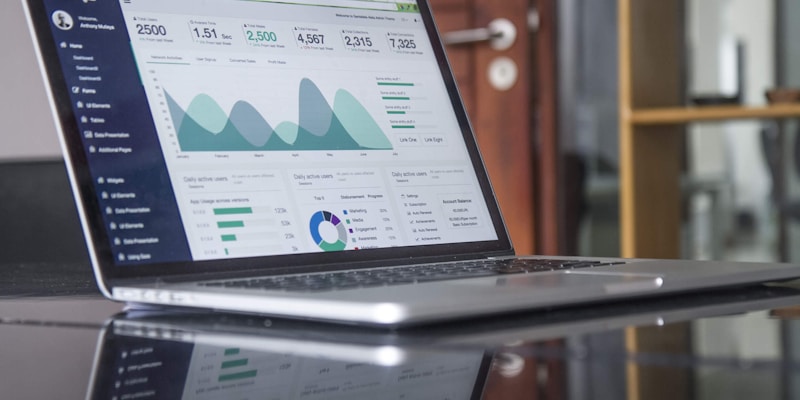Best Practices for Ethical Web Scraping

Web scraping is a powerful tool for data collection, but with great power comes great responsibility. This guide covers the essential best practices for ethical and legal web scraping.
Understanding the Legal Landscape
Before starting any scraping project, it's crucial to understand the legal implications:
Terms of Service
Always read and respect a website's Terms of Service (ToS). Many sites explicitly prohibit automated data collection.
robots.txt
Check the robots.txt file (usually at domain.com/robots.txt) to see which parts of the site allow automated access.
Copyright and Data Protection
Be aware of copyright laws and data protection regulations like GDPR when scraping personal information.
Technical Best Practices
Rate Limiting
Implement proper delays between requests to avoid overwhelming the target server:
- Start with 1-2 second delays
- Monitor server response times
- Adjust based on website performance
User Agent Rotation
Use realistic user agent strings and rotate them to appear more human-like.
Respect Server Resources
Scrape during off-peak hours when possible and avoid making unnecessary requests.
Ethical Guidelines
Data Minimization
Only collect the data you actually need. Avoid scraping entire websites when you only need specific information.
Attribution
When using scraped data publicly, provide proper attribution to the original source.
Privacy Considerations
Be extra careful when dealing with personal information and consider anonymization techniques.
Building Sustainable Relationships
Consider reaching out to website owners to discuss your data needs. Many organizations are willing to provide data access through official APIs or partnerships.
Conclusion
Ethical web scraping is about finding the balance between your data needs and respecting the rights and resources of website owners. By following these best practices, you can build sustainable and responsible scraping operations.

